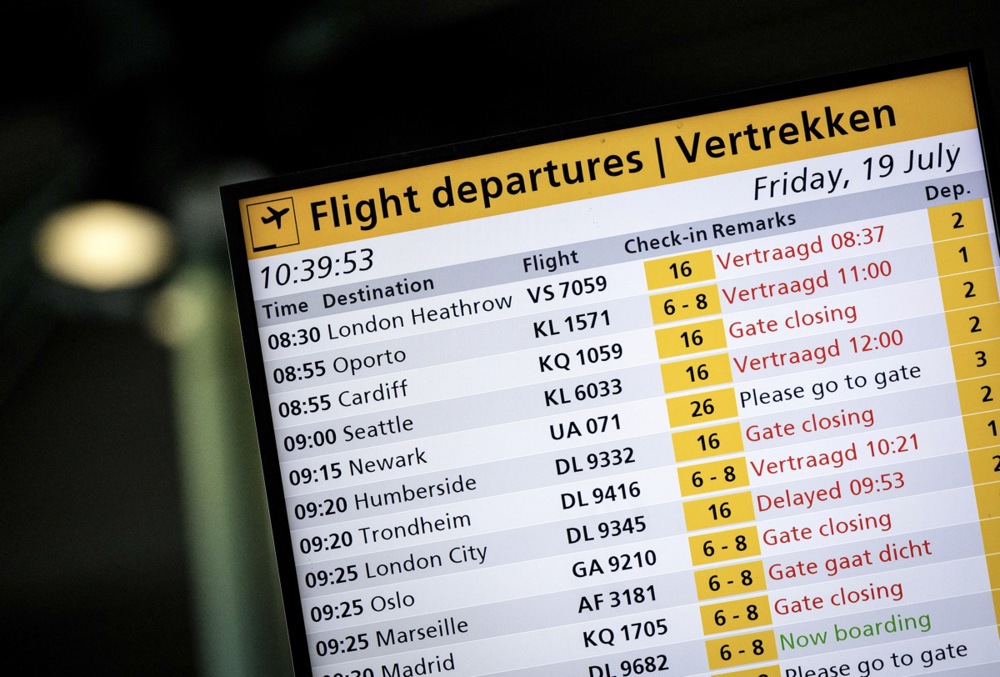The Council of Europe has funded a handbook aimed at addressing so-called “climate anxiety” in young people.
Titled Youth, Emotions and the Planet: A Handbook on Personal and Environmental Well-Being, the 66-page psychological guide was rolled out by the Youth and Environment Europe (YEE) organisation on October 10.
The publication raises questions about the politicisation of youth mental health initiatives.
The handbook combines psychological insights with practical advice for navigating climate-related emotions.
“Throughout this handbook, you’ll find advice on how to take care of your mental health, seek support from others, and even turn your anxiety into advocacy,” the authors wrote.
The guidebook was made possible through the financial contribution of the European Youth Foundation (EYF), an arm of the 46-member states Council of Europe.
It was part of a broader campaign on eco-emotion and was funded under the YEE’s Cultivating Resilience: Empowering Youth to Address Eco-Anxiety programme.
“The project was part of the EYF work plan action with a total project cost of €64,450 of which €48,566 was funded by the EYF,” YEE treasurer Connah Snape told Brussels Signal.
Although the project was also part-funded by other organisations, the handbook itself was fully financed by the Council of Europe through the EYF, as confirmed by project manager Hanna Træland Rostøl.
YEE could not provide the exact cost of the book.
“Regarding the specific cost of producing the handbook, it is tricky because it wasn’t budgeted as a separate item but rather part of the integrated outputs from all the deliverables of the project, Rostøl told Brussels Signal.
The guide was developed through webinars and in-person events in Prague.
Eco-psychologist Juni Sinkkonen and youth educator Boyana Drageva supervised a two-day training workshop in Prague to train participants to promote awareness of the topic in their own countries and support an international social media awareness-raising campaign on eco-anxiety.
Voir cette publication sur Instagram
“We’ve been collecting input for this handbook throughout the whole project, and the handbook is the combination of everything that has been going into the project,” Rostøl told Brussels Signal.
The handbook includes contributions from Sinkkonen and other participants at the Prague meeting and online events.
According to Rostøl, the participants in the online events and meetings contributed to the book. The selection process was based on a combination of motivation and prior involvement in youth work.
“They had to write a short motivation about why they were interested in the topic, and they had to show that they were involved in youth work. Somehow, we chose them based on this experience and we also chose them based on geographical and gender balance,” she said.

As well as being a tool designed to combat the negative psychological effects of climate change, the handbook is also a direct call to action.

“In the handbook, we tried to adopt a very practical approach by starting with addressing these emotional aspects and then giving information about how to take action and how to turn, how to empower yourself and turn these emotions into action,” Rostøl told Brussels Signal.
She said that framing climate change primarily through emotions was a tool to foster practical, solution-based approaches.
“I don’t think talking about emotions or the emotional aspects, is a hindrance to actions at all, but it’s more a very necessary step on the way to taking meaningful actions, instead of isolating yourself or not taking action, because these emotional problems are too pressing” Rostøl added.
She said while the handbook’s views did not necessarily reflect those of the Council of Europe, its core message aligned with the Council’s priorities.
“The views presented in the handbook are not necessarily those of the Council of Europe themselves, but I mean, the main objective of the Council of Europe that we have been working towards is living together in peaceful communities. And we do think the overall statement and the idea of the handbook pull into the priorities of the Council of Europe,” Rostøl said.
[Article updated on November 8 2024]





